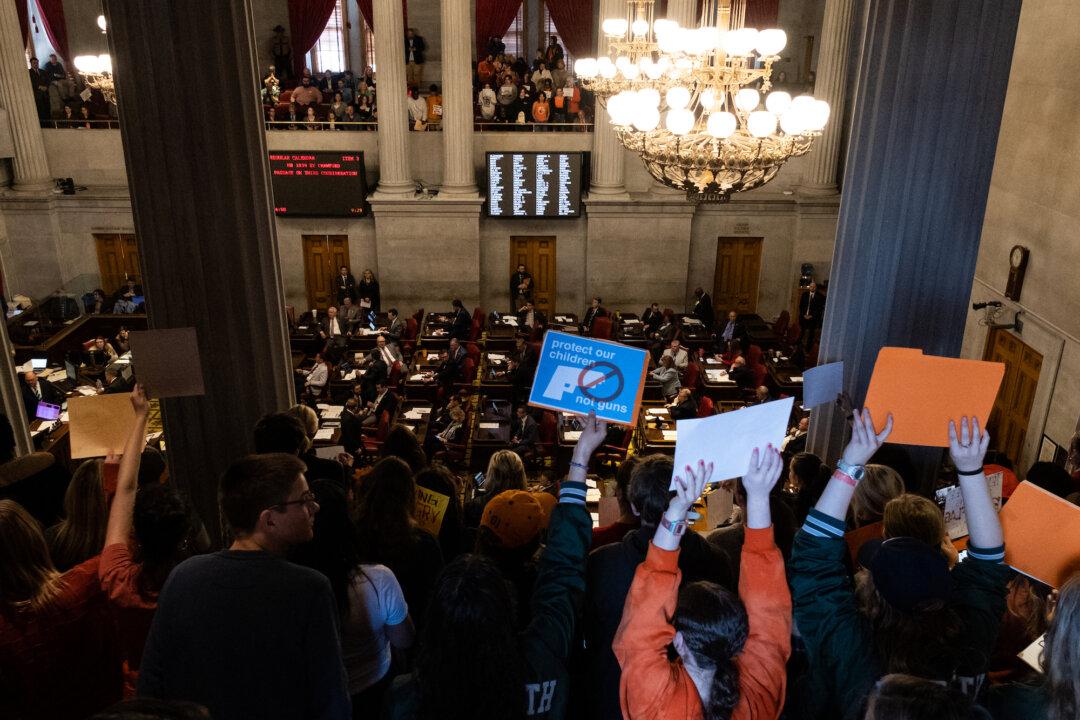Various parties are in the midst of legal proceedings seeking to force the Metropolitan Nashville Police Department (MNPD) to release the writings of Audrey Hale and other related documents concerning her assault on the Covenant School in March, including concerned citizens, nonprofit groups, media organizations, and even state legislators.
A number of Tennessee legislators have publicly called on Hale’s writings to be released, not only for transparency purposes but in order to scrutinize her writings in the course of the legislative process.





